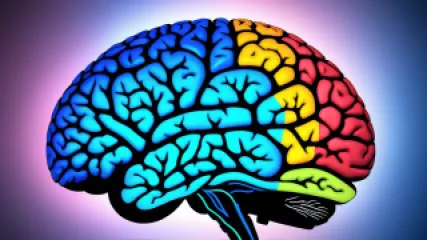Conflict Management Expertise: An Interview with a Leading Therapist
1 year ago
Conflict Management
The Ultimate Guide to Managing Academic Stress
1 year ago
Academic Stress
Building Strong Adoptive Family Dynamics: A Step-by-Step Guide
1 year ago
Adoptive Family Dynamics
Exploring the Depths of Existential Questions: An Opinion Piece
1 year ago
Existential Questions
The Psychology of Effective Leadership: A Research Summary
1 year ago
Psychology of Leadership
How Mental Resilience Helped Me Overcome My Superstitions
1 year ago
Psychology Behind Superstitions
How to Overcome Loneliness: 5 Effective Strategies
1 year ago
Dealing with Loneliness
Overcoming Loneliness: A Step-by-Step Guide
1 year ago
Dealing with Loneliness
Unveiling the Neuroscience of Intelligence: An Interview with a Leading Expert
1 year ago
Intelligence Theories
Strategies to Overcome Negative Thinking and Boost Emotional Well-Being
1 year ago
Overcoming Negative Thinking
How to Boost Your Emotional Well-Being with Wellness Coaching
1 year ago
Wellness Coaching
Can Optimism Improve Your Health?
1 year ago
Optimism and Health
Lessons from 'The Lorax' to Enhance Your Eco-Therapy Coaching Services
1 year ago
Eco Therapy
10 Proven Coping Mechanisms for Emotional Neglect
1 year ago
Understanding Emotional Neglect
Why Are Mental Health Breaks So Important?
1 year ago
Mental Health Break Importance














